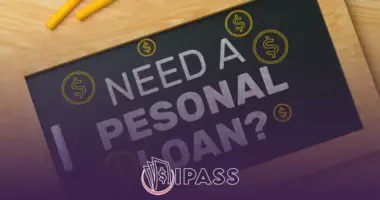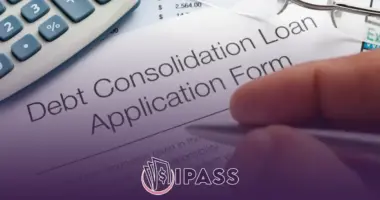
How To Change Loan Repayment Plan
Introduction Figuring out how to pay back student loans can be a daunting task, especially for borrowers struggling to balance repayment with other financial priorities. The good news is federal student loan borrowers have options when it comes to managing loan payments. There are several repayment plans to choose from,…



